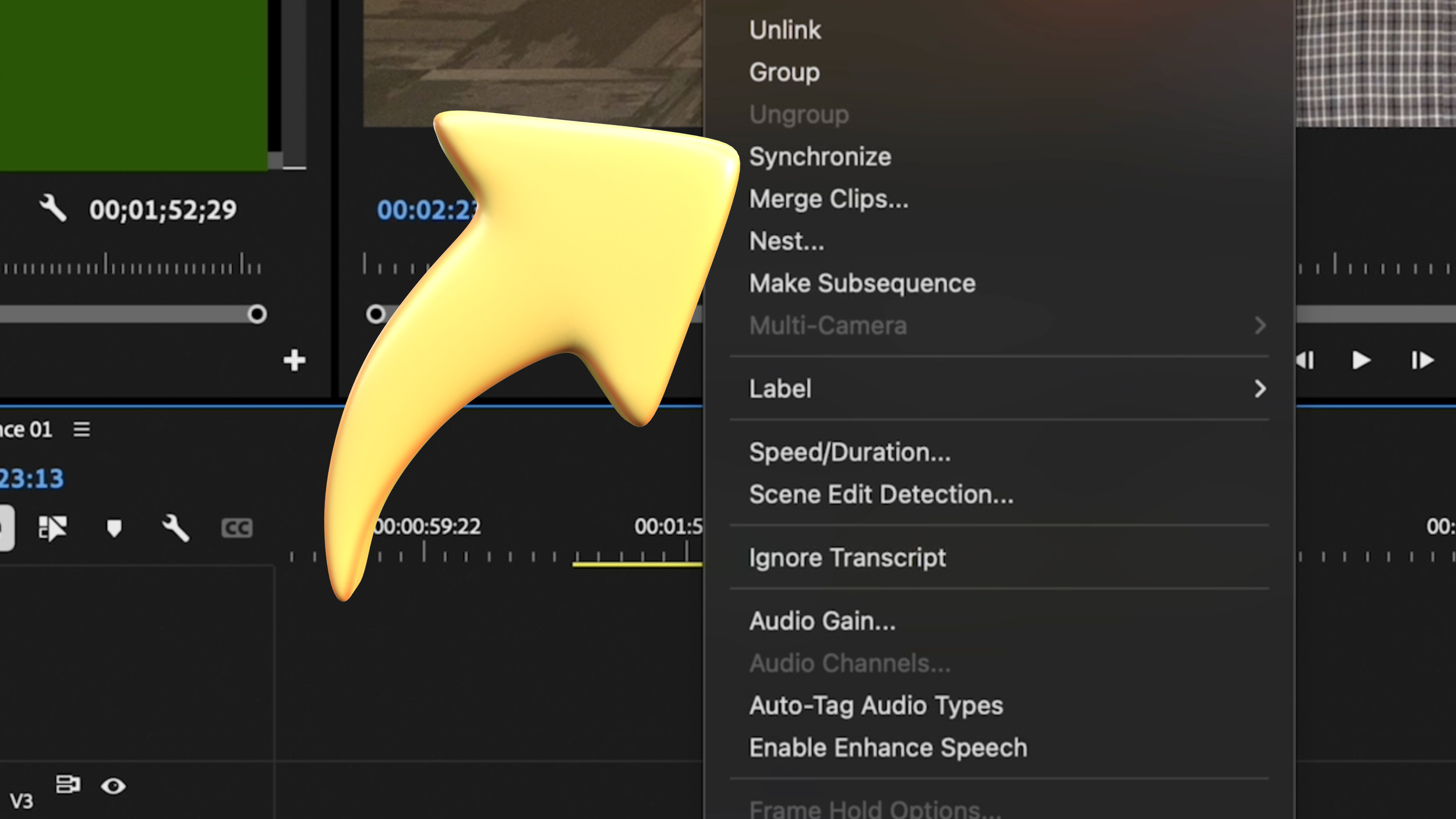Where Do We Begin?
Where do we begin?
Seriously. That is a legitimate question.
So many of us as video and film teachers find ourselves in a classroom teaching something that either we have no idea how to do or if we do know how to do it, we don’t know how to teach.
Just in my state, Georgia, I know of video teachers who started as English teachers, drama teachers, media specialists, and even part-time technology assistants, but through one decision or another -not always our own- end up running a video production lab. Of course there are others who are equally lost. They may find themselves in a classroom, armed with only their degree in television or film, but many of those do not have a background in education, which again begs the question… where do we begin?
I spent several years asking myself that question. Do I follow the state educational standards for my course? Do I follow Philip Harris’ Television Production & Broadcast Journalism? Do I pop in a movie and have my class “analyze” it for the next few days? I mean, that should kill a few hours until next break, right?
Of course, all of these are good options, but none of them are what is wholly best for your students. Which means you are going to need to ask another question. What do I do best? Knowing the answer to this question will set you on the right path and can be the building block of a strong and impactful program.
Bringing your strength to your students is 100% the best place to start. And many times that strength is going to be found in where you began your career. If you started your professional journey as an English teacher, leverage your ability to write and bring that powerful tool to your students. Teach them how to ask questions, how to do interviews, and mostly, how to tell stories. Teach them how to craft a professional email, which is an essential skill that has all but vanished these days. The point is, know what you do well, and teach them how to do that until they do it as well as they can.
If you have a background in film and have worked on sets, no matter the size of the production, bring that experience to life for your students. Show them how to use a C-stand, how to set up a tripod, how to slate a scene. Show them anything and everything that you have done and tell them personal stories about it along the way - good and bad. Let them feel your excitement and the passion you have for what you love. Teach them those things until they know how to do them as well as you do.
If your prior experience brought you into the video production classroom via the school’s media center, then use your time there to educate your students on the many facets of media literacy. Teaching them how to understand and process the various forms of media and, more importantly, how they can (and are) being manipulated by those sources is a great place to start. Use your school’s library of vetted films to teach film analysis, story structure, cinematography, editing theory, etc. Take your knowledge of the available resources and put that to work for you.
The point is, realizing that you get to go into the classroom each day and “be the expert” is the best place to start. Let your students know that you know something they don’t, but that you are willing to share it with them. Start with that thing that is your strength, but never stay in that place. Start there, yes, but then expand. Be willing to learn and grow along with your students. It isn’t always comfortable, but it is always worth it.
Take my situation. After college, and tens of thousands of dollars of debt (which will be the basis of a future article) I was able to land a job working for my dream company. I got a job as a producer for NBC. My college education and experience had paid off! Well, not really. I wasn’t sitting in the writing room outside of Studio 8H, cranking out sketches for Saturday Night Live. I was sitting in a small “bullpen” for WALB-TV in Albany, Georgia, producing any one of their daily, live news broadcasts.
And while producing local news was not my career of choice, I did learn a lot while I was there. I learned those things that I was definitely not good at doing. I learned how to be a professional and how to work with others. But, most importantly, I learned that I was able to do this. I was able to write, shoot, and edit a video. That ability is what I brought into my classroom, to my students. I taught them how to do the basics and together we learned how to do more and more.
Now, let me offer a warning.
Your students may not love what you love. They can grow to respect it, and the better you sell it, the more they may appreciate it, but they may not love it as much as you do. That is okay. They do not have to love it as much as you, but joy can be found in the journey… for all of you.
Because I don’t know everything, and because I am a bit of a geek about all things video, I am always trying to learn new things about all types and phases of production. From new lighting tricks, to an editing effect, or how to use the coolest gear, I am always researching and studying, trying to make a connection between what I know (storytelling) and what they want to know (YouTubing). I am constantly pushing myself to learn more about filmmaking, or live streaming, or social media, because not every student is going to love what I love, or even what the other students love. The point is, the students will most engage when their interests and my knowledge intersect.
I don’t want this to come across as preachy. I have been in education since 2006 and I still look at August (and most Mondays thereafter) with a little bit of anxiety, thinking the same questions that I did the first day I ever stepped to the front of a classroom. Where do we begin? It is a struggle, but realizing that I am good at something and that I have something to share with my students is always the right place to start.
Meet the Author, Josh Dempsey
Josh Dempsey is a video and film teacher at Marietta High School in Marietta, Georgia. With over 15 years of experience in the classroom, Josh is just as excited as his students to keep learning about the power and possibilities of this visual medium. He invites you to follow his students and their work online by following them on social media @bdn_marietta.











Got shaky footage? No problem! In this quick tutorial, learn how to use Warp Stabilizer in Adobe Premiere Pro to smooth out your shots effortlessly.